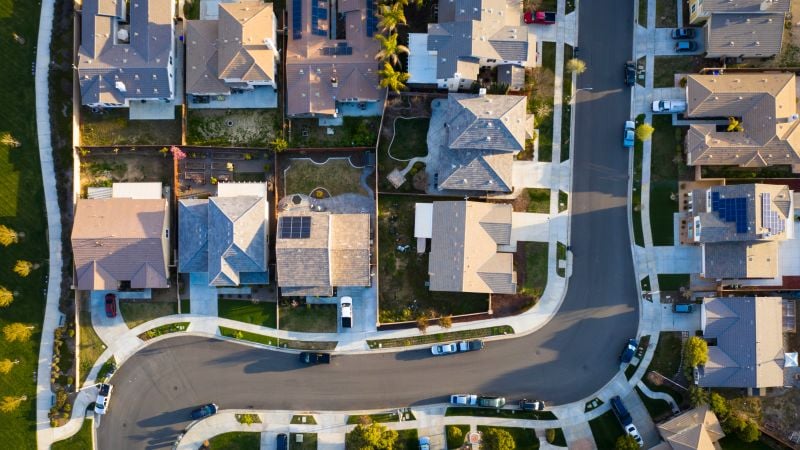After 33 years and four children, Baby Boomers Marta and Octavian Dragos say they feel trapped in what was once their dream home in El Cerrito, California.
Both over 70, the Dragos are empty nesters, and like many of their generation, they’re trying to figure out how to downsize from their 3,000-square-foot, five-bedroom home.
“We are here in a huge house with no family nearby, trying to make a wise decision, both financially and for our well-being,” said Dragos, a retired teacher.
But selling and downsizing isn’t easy, appealing or even financially advantageous for many homeowners like the Dragos family.
Many Boomers whose homes have surged in value now face massive capital gains tax bills when they sell. This is a kind of tax on the profit you make when selling an investment or an asset, like a home, that has increased in value.
Plus, smaller homes or apartments in the neighborhoods they’ve come to love are rare. And with current prices and mortgage rates so high, there is often a negligible cost difference between their current home and a smaller one.



To be fair, it wasn’t the attitude that destroyed the infrastructure. Despite people’s attitude toward taxes, they still paid. The problem is precisely that they don’t like where that money is going. In most cases, their taxes are just funding a trust fund baby’s extra paycheck while they sit in office and neglect their duties while discussing divisive politics to distract from the fact that they are robbing the American people. A lot of people aren’t against the idea of paying taxes, but rather America’s inability to appropriately spend money on the common good.
That attitude that the majority of taxes go to paying politicians is part of the issue. Yeah politicians suck and many are overpaid. The military is too. You me and everyone else knows these will be cut after infrastructure and welfare. Fighting for tax cuts then becomes “I don’t want to pay for infrastructure or welfare”. And seriously look at anti tax sentiments, they’re often anti welfare or anti government assistance.